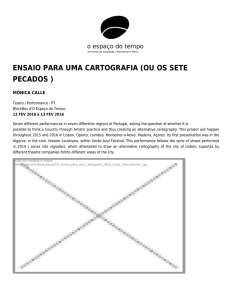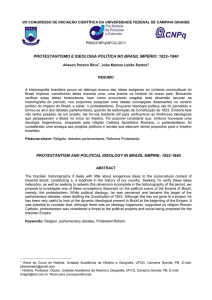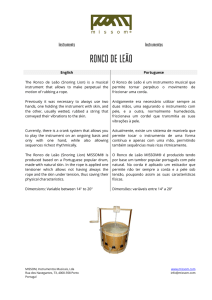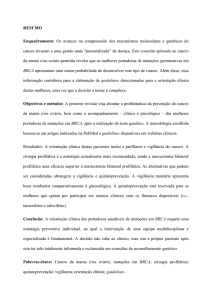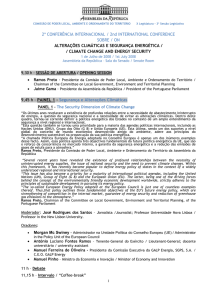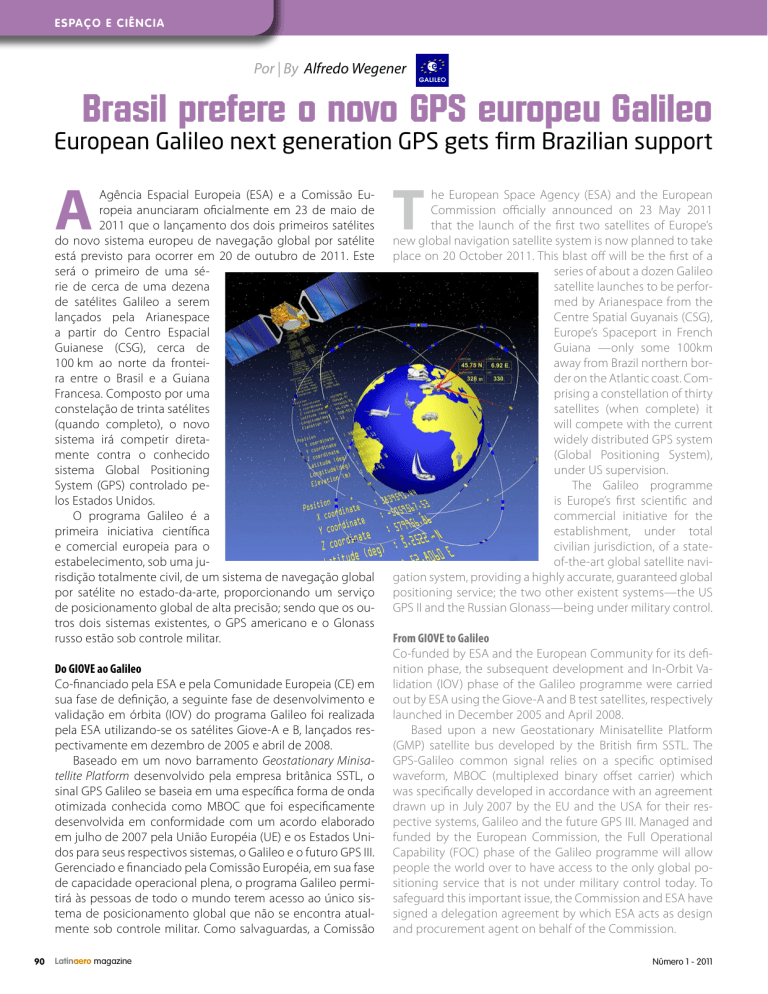
ESPA Ç O E C I ÊNC I A
Por | By Alfredo Wegener
Brasil prefere o novo GPS europeu Galileo
European Galileo next generation GPS gets firm Brazilian support
A
T
Do GIOVE ao Galileo
Co-financiado pela ESA e pela Comunidade Europeia (CE) em
sua fase de definição, a seguinte fase de desenvolvimento e
validação em órbita (IOV) do programa Galileo foi realizada
pela ESA utilizando-se os satélites Giove-A e B, lançados respectivamente em dezembro de 2005 e abril de 2008.
Baseado em um novo barramento Geostationary Minisatellite Platform desenvolvido pela empresa britânica SSTL, o
sinal GPS Galileo se baseia em uma específica forma de onda
otimizada conhecida como MBOC que foi especificamente
desenvolvida em conformidade com um acordo elaborado
em julho de 2007 pela União Européia (UE) e os Estados Unidos para seus respectivos sistemas, o Galileo e o futuro GPS III.
Gerenciado e financiado pela Comissão Européia, em sua fase
de capacidade operacional plena, o programa Galileo permitirá às pessoas de todo o mundo terem acesso ao único sistema de posicionamento global que não se encontra atualmente sob controle militar. Como salvaguardas, a Comissão
From GIOVE to Galileo
Co-funded by ESA and the European Community for its definition phase, the subsequent development and In-Orbit Validation (IOV) phase of the Galileo programme were carried
out by ESA using the Giove-A and B test satellites, respectively
launched in December 2005 and April 2008.
Based upon a new Geostationary Minisatellite Platform
(GMP) satellite bus developed by the British firm SSTL. The
GPS-Galileo common signal relies on a specific optimised
waveform, MBOC (multiplexed binary offset carrier) which
was specifically developed in accordance with an agreement
drawn up in July 2007 by the EU and the USA for their respective systems, Galileo and the future GPS III. Managed and
funded by the European Commission, the Full Operational
Capability (FOC) phase of the Galileo programme will allow
people the world over to have access to the only global positioning service that is not under military control today. To
safeguard this important issue, the Commission and ESA have
signed a delegation agreement by which ESA acts as design
and procurement agent on behalf of the Commission.
Agência Espacial Europeia (ESA) e a Comissão Europeia anunciaram oficialmente em 23 de maio de
2011 que o lançamento dos dois primeiros satélites
do novo sistema europeu de navegação global por satélite
está previsto para ocorrer em 20 de outubro de 2011. Este
será o primeiro de uma série de cerca de uma dezena
de satélites Galileo a serem
lançados pela Arianespace
a partir do Centro Espacial
Guianese (CSG), cerca de
100 km ao norte da fronteira entre o Brasil e a Guiana
Francesa. Composto por uma
constelação de trinta satélites
(quando completo), o novo
sistema irá competir diretamente contra o conhecido
sistema Global Positioning
System (GPS) controlado pelos Estados Unidos.
O programa Galileo é a
primeira iniciativa científica
e comercial europeia para o
estabelecimento, sob uma jurisdição totalmente civil, de um sistema de navegação global
por satélite no estado-da-arte, proporcionando um serviço
de posicionamento global de alta precisão; sendo que os outros dois sistemas existentes, o GPS americano e o Glonass
russo estão sob controle militar.
90
Latinaero magazine
he European Space Agency (ESA) and the European
Commission officially announced on 23 May 2011
that the launch of the first two satellites of Europe’s
new global navigation satellite system is now planned to take
place on 20 October 2011. This blast off will be the first of a
series of about a dozen Galileo
satellite launches to be performed by Arianespace from the
Centre Spatial Guyanais (CSG),
Europe’s Spaceport in French
Guiana ­
— only some 100km
away from Brazil northern border on the Atlantic coast. Comprising a constellation of thirty
satellites (when complete) it
will compete with the current
widely distributed GPS system
(Global Positioning System),
under US supervision.
The Galileo programme
is Europe’s first scientific and
commercial initiative for the
establishment, under total
civilian jurisdiction, of a stateof-the-art global satellite navigation system, providing a highly accurate, guaranteed global
positioning service; the two other existent systems—the US
GPS II and the Russian Glonass—being under military control.
Número 1 - 2011



